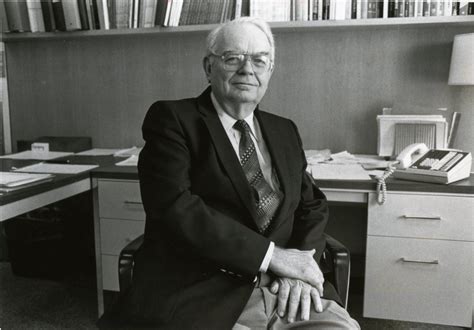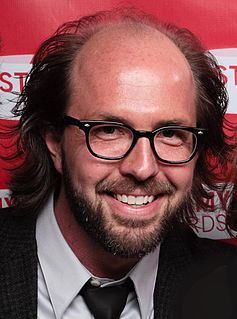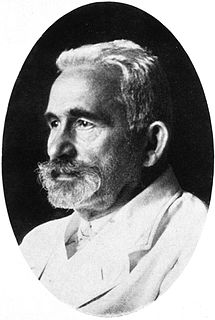A Quote by Frederick Mosteller
Although we often hear that data speak for themselves, their voices can be soft and sly
Related Quotes
I now understand what Nelle Morton meant when she said that one of the great tasks in our time is to "hear people to speech." Behind their fearful silence, our students want to find their voices, speak their voices, have their voices heard. A good teacher is one who can listen to those voices even before they are spoken-so that someday they can speak with truth and confidence.
We are ... led to a somewhat vague distinction between what we may call "hard" data and "soft" data. This distinction is a matter of degree, and must not be pressed; but if not taken too seriously it may help to make the situation clear. I mean by "hard" data those which resist the solvent influence of critical reflection, and by "soft" data those which, under the operation of this process, become to our minds more or less doubtful.
It's in the silence that I'm most able to hear the tiny voices that tell me I'm not good enough, smart enough, or cool enough. I try to hear them for what they are: my own creations. Sitting with them, letting them speak, hearing them out, and giving them back the silence that I'm now sitting in has shown me that, quite often, they shut up.
I think right now is when we need to hear different voices coming out of all parts of the world. You can't just hear the politicians and the military leaders. You have to hear from the taxi drivers. You have to hear from the painters. You have to hear from the poets. You have to hear from the school teachers and the filmmakers and musicians.
The patients often try to starve themselves, to hang themselves, to cut their arteries; they beg that they may be burned, buried alive, driven out into the woods and there allowed to die. One of my patients struck his neck so often on the edge of a chisel fixed on the ground that all the soft parts were cut through to the vertebrae.
If no one speaks out for [young readers], if they don’t speak out for themselves, all they’ll get for required reading will be the most bland books available. Instead of finding the information they need at the library, instead of finding novels that illuminate life, they will find only those materials to which nobody could possibly object... In this age of censorship I mourn the loss of books that will never be written, I mourn the voices that will be silenced — writers’ voices, teachers’ voices, students’ voices — and all because of fear.
Karen wasn't hard, she was soft, too soft. A soft touch. Her hair was soft, her smile was soft, her voice was soft. She was so soft there was no resistance. Hard things sank into her, they went right through her, and if she made a real effort, out the other side. Then she didn't have to see them or hear them, or even touch them.





































